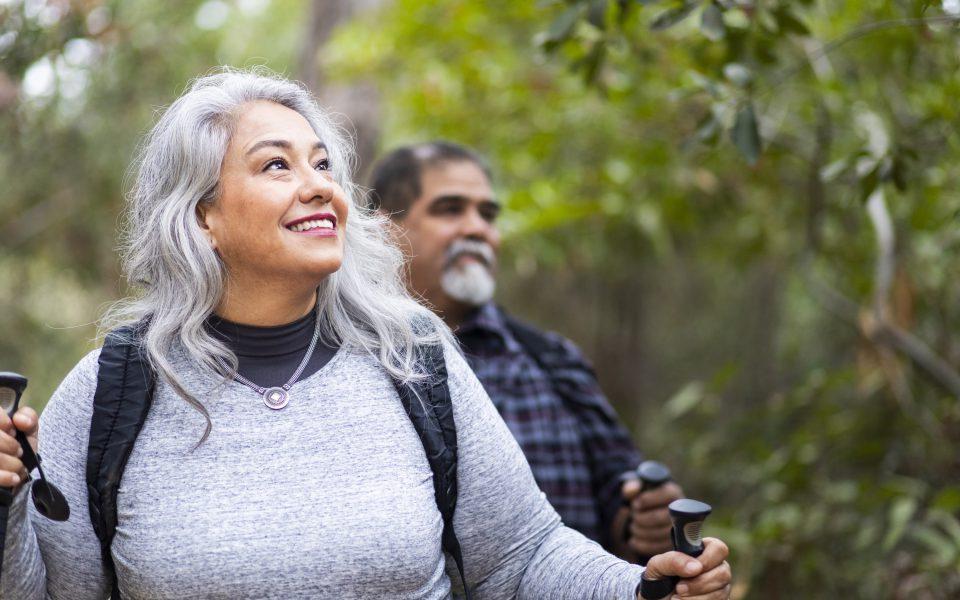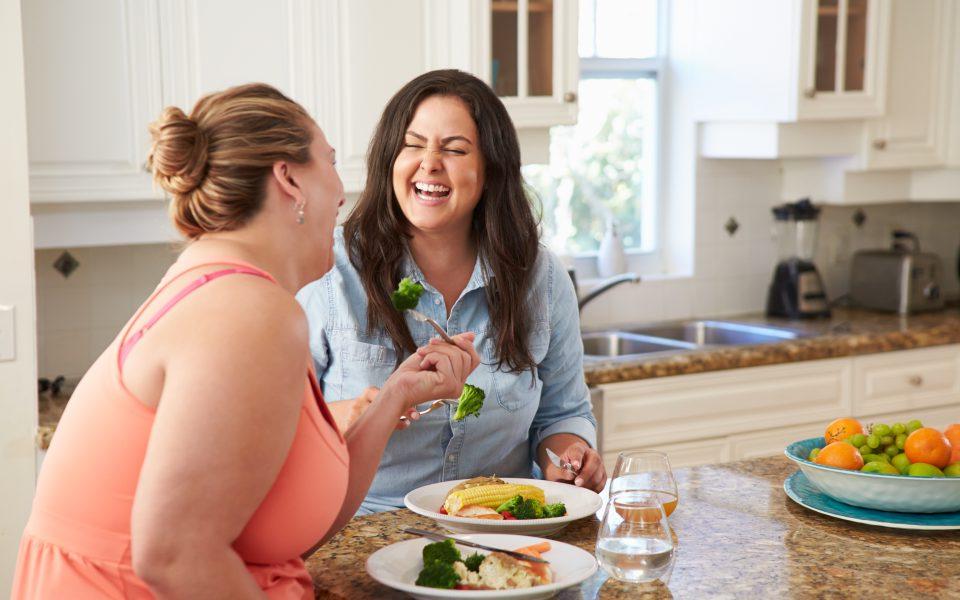Taking Care Of the Bones That Support You
 Your bones are vital to your every day life – responsible for supporting your body, allowing you to move and protecting your organs. But how often do you consider the health of your bones?
Your bones are vital to your every day life – responsible for supporting your body, allowing you to move and protecting your organs. But how often do you consider the health of your bones?
Millions of people suffer from osteoporosis, the most common bone disease, in which bones become weak and are more likely to fracture or break. The majority of people with osteoporosis are women – often due to hormone changes as women enter menopause.


